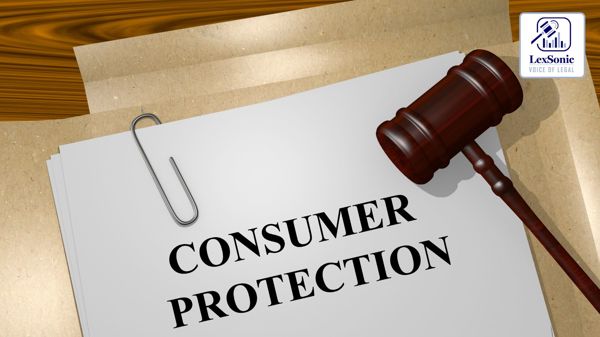Luxury Car, Legal Gridlock: Commercial Use vs. Consumer Rights.
16 December 2024
Consumer Protection Act >> Consumer Rights
The case stemmed from the complainants' purchase of an Rs. 82 lakh BMW 7-Series from a manufacturer through a dealer in Chandigarh. Shortly after the purchase, the complainants reported various issues, including malfunctioning clock, stereo problems, and a shaking passenger seat. Despite repeated communications and attempts at rectification, the complainants alleged that the defects persisted, leading them to file multiple consumer complaints.

The crux of the matter revolved around whether the complainants qualified as "consumers" under the Consumer Protection Act, 1986. The Act excludes purchases made for commercial purposes. The vehicle was registered under M/s. Steel Strips Wheels Ltd., and the manufacturer argued that the purchase was for commercial use, citing the absence of a board resolution or appointment letter explicitly stating the car was solely for the personal use of Dheeraj Garg.
The State Consumer Disputes Redressal Commission dismissed the initial complaint, a decision upheld by the NCDRC. The NCDRC's ruling emphasized that the vehicle's registration under a corporate entity, coupled with the lack of evidence supporting personal use, indicated a commercial purpose. The Commission referenced a precedent set in Crompton Greaves Limited & Anr. Vs. Daimler Chrysler India Private Ltd., which established that company purchases, even if incidentally used by directors, constitute commercial use.
The NCDRC also addressed the settlement reached in a previous complaint, wherein the manufacturer agreed to replace the car seat and extend the warranty. The manufacturer argued that they fulfilled this agreement, and the complainants were barred from raising further issues regarding the seat, clock, and stereo system.
This ruling underscores the importance of clearly defining the purpose of purchases, particularly for corporate entities, to ensure eligibility for consumer protection. It also reinforces the necessity of providing sufficient evidence, including independent expert reports, to substantiate claims of manufacturing defects in consumer disputes.
Section 13, CONSUMER PROTECTION ACT - 2019
